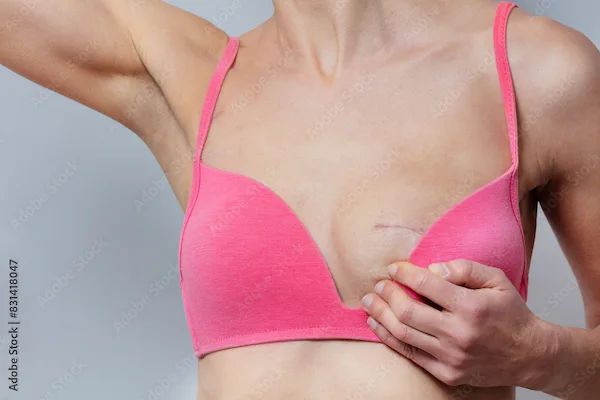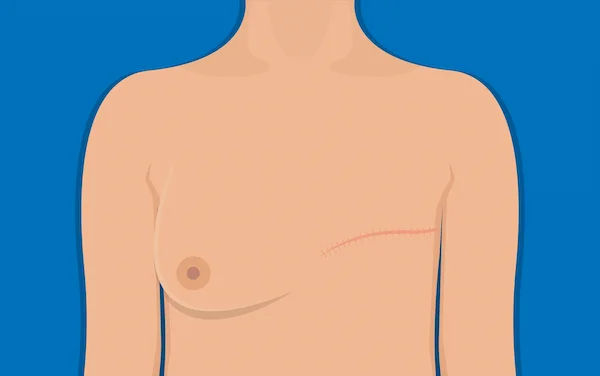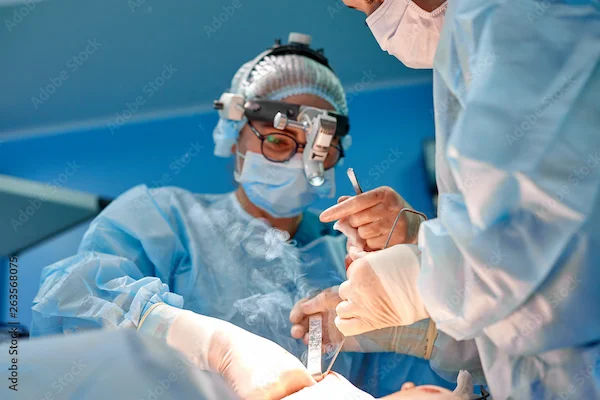Mastectomy Nursing Management
Explore essential nursing management strategies for mastectomy patients. Learn how proper post-operative care, pain control, and emotional support promote healing and recovery.

Written by Dr.Sonia Bhatt
Last updated on 12th Jul, 2025
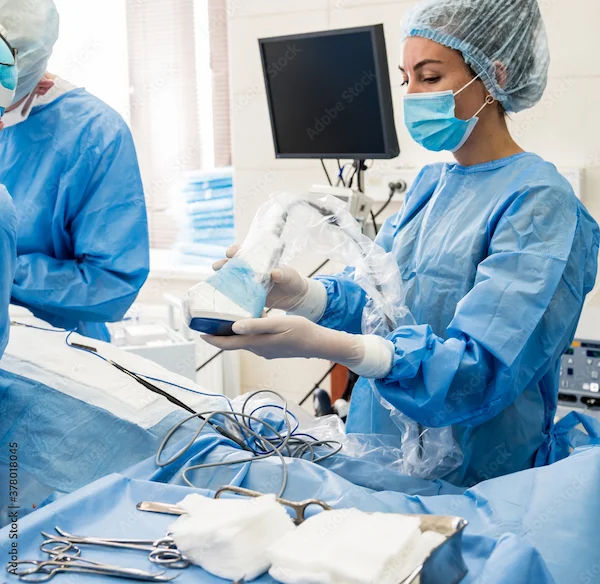
Introduction
Undergoing a mastectomy, a surgery to remove one or both breasts, can be a physically and emotionally challenging experience. Whether it’s due to breast cancer, a high risk of developing it, or other medical reasons, proper nursing care plays a crucial role in recovery. This article aims to guide patients and their families through the process, offering practical advice and emotional support.
Understanding Mastectomy
A mastectomy is a surgical procedure to remove breast tissue. There are different types, including:
Total (Simple) Mastectomy: Removal of the entire breast.
Modified Radical Mastectomy: Removal of the breast and some lymph nodes.
Skin-Sparing or Nipple-Sparing Mastectomy: Preserves skin or nipple for reconstruction.
Your doctor will recommend the best option based on your condition.
What to Expect After Surgery?
Here’s what to expect after a mastectomy surgery:
1. Immediate Post-Surgery Care
After the procedure, you’ll be monitored in the recovery room. Nurses will:
Check your vital signs (blood pressure, pulse, oxygen levels).
Manage pain with prescribed medications.
Ensure the surgical site is clean and dry to prevent infection.
2. Hospital Stay (If Required)
Some patients go home the same day, while others may stay for 1-2 days. Nurses will help with:
Drain Care: Small tubes may be placed to remove excess fluid. Nurses will teach you how to empty and measure drainage.
Wound Care: Keeping the incision clean and dry is essential.
Mobility Assistance: Gentle movement helps prevent blood clots.
Consult Top Specialists for Personalised Tips
Recovery at Home: Nursing Management Tips
Some of the nursing management tips for home are:
1. Pain Management
Take prescribed pain relievers as directed.
Use ice packs (wrapped in a cloth) to reduce swelling.
Avoid lifting heavy objects or strenuous activities for 4-6 weeks.
2. Wound and Drain Care
Follow your nurse’s instructions on cleaning the incision.
Report any signs of infection (redness, swelling, foul-smelling discharge, fever).
Drains are usually removed in 1-2 weeks when fluid output decreases.
3. Preventing Complications
Lymphoedema (Swelling): If lymph nodes were removed, avoid tight clothing, blood pressure checks, or injections on the affected arm.
Deep Vein Thrombosis (DVT): Move your legs frequently and stay hydrated.
Emotional Well-being: It’s normal to feel sadness or anxiety. Seek support from loved ones or a counsellor.
4. Exercises for Recovery
Arm and Shoulder Movements: Gentle stretches prevent stiffness.
Deep Breathing: Helps prevent lung complications.
Emotional and Psychological Support
A mastectomy can affect self-esteem and body image. Here’s how to cope:
Talk About It: Share your feelings with family, friends, or a support group.
Consider Reconstruction: If interested, discuss options with your surgeon.
Counselling: Professional help can ease anxiety or depression.
Diet and Lifestyle Adjustments
Some of the diet and lifestyle adjustments include:
1. Nutrition for Healing
Protein-rich foods (eggs, lean meat, beans) aid tissue repair.
Fruits and vegetables boost immunity.
Stay hydrated to help with recovery.
2. Avoid
Smoking and alcohol (they slow healing).
Excessive salt (can worsen swelling).
When to Seek Medical Help?
Contact your doctor if you experience:
Fever above 100.4°F (38°C).
Increased pain, redness, or pus at the incision site.
Sudden swelling or shortness of breath.
Conclusion
Recovering from a mastectomy takes time, patience, and support. Follow your medical team’s advice, take care of your physical and emotional health, and lean on loved ones. Remember, you’re not alone—help is always available.
Consult Top Breast Surgeon
Consult Top Specialists for Personalised Tips

Dr. Jayanti Thumsi
Breast Surgeon
21 Years • MBBS,MS,Clinical Attachment
Bengaluru
Apollo Hospitals Bannerghatta Road, Bengaluru
(200+ Patients)

Dr. Jayanti Thumsi
Breast Surgeon
21 Years • MBBS,MS,Clinical Attachment
Bengaluru
Apollo Hospitals Sheshadripuram, Bengaluru

Dr. Ashwini R K
Breast Surgeon
5 Years • MBBS, MS(General Surgery), FMAS, Fellowship in Breast Cancer
Bengaluru
Apollo Cancer Centres, Electronic City, Bengaluru

Dr. Amit Choraria
Surgical Oncologist
18 Years • MBBS, MS (Surgery) Fellow, Surgical Oncology, Tata Medical Center (FSO) Fellow, European Board of Surgery (Surgical Oncology) (FEBS) Fellow, Minimal Access Surgery (FMAS) Fellow, Indian Association of Gastrointestinal Endosurgeons (FIAGES) UICC Fellow, Royal Marsden NHS, London, UK Visiting Scholar, Plastic Reconstructive Surgery, CGMH, Taiwan Fellow, Robotic Surgical Oncology, Vattikuti Foundation, USA
Kolkata
Apollo Multispeciality Hospitals , Kolkata, Kolkata
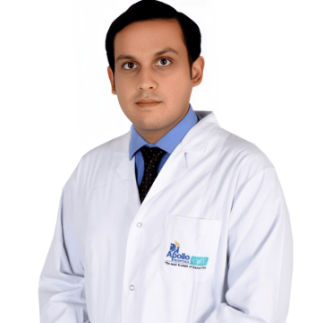
Dr. Aniket Dave
Plastic Surgeon
8 Years • MBBS, MS (General Surgery), MCh (Plastic and Reconstructive Surgery)
Ahmedabad
Apollo Hospitals - Gandhinagar, Ahmedabad, Ahmedabad
Consult Top Breast Surgeon

Dr. Jayanti Thumsi
Breast Surgeon
21 Years • MBBS,MS,Clinical Attachment
Bengaluru
Apollo Hospitals Bannerghatta Road, Bengaluru
(200+ Patients)

Dr. Jayanti Thumsi
Breast Surgeon
21 Years • MBBS,MS,Clinical Attachment
Bengaluru
Apollo Hospitals Sheshadripuram, Bengaluru

Dr. Ashwini R K
Breast Surgeon
5 Years • MBBS, MS(General Surgery), FMAS, Fellowship in Breast Cancer
Bengaluru
Apollo Cancer Centres, Electronic City, Bengaluru

Dr. Amit Choraria
Surgical Oncologist
18 Years • MBBS, MS (Surgery) Fellow, Surgical Oncology, Tata Medical Center (FSO) Fellow, European Board of Surgery (Surgical Oncology) (FEBS) Fellow, Minimal Access Surgery (FMAS) Fellow, Indian Association of Gastrointestinal Endosurgeons (FIAGES) UICC Fellow, Royal Marsden NHS, London, UK Visiting Scholar, Plastic Reconstructive Surgery, CGMH, Taiwan Fellow, Robotic Surgical Oncology, Vattikuti Foundation, USA
Kolkata
Apollo Multispeciality Hospitals , Kolkata, Kolkata

Dr. Aniket Dave
Plastic Surgeon
8 Years • MBBS, MS (General Surgery), MCh (Plastic and Reconstructive Surgery)
Ahmedabad
Apollo Hospitals - Gandhinagar, Ahmedabad, Ahmedabad
